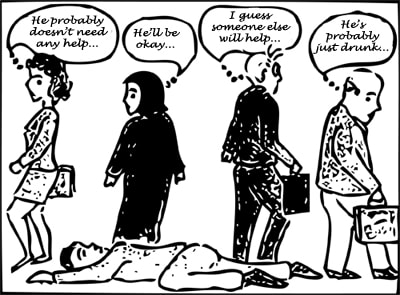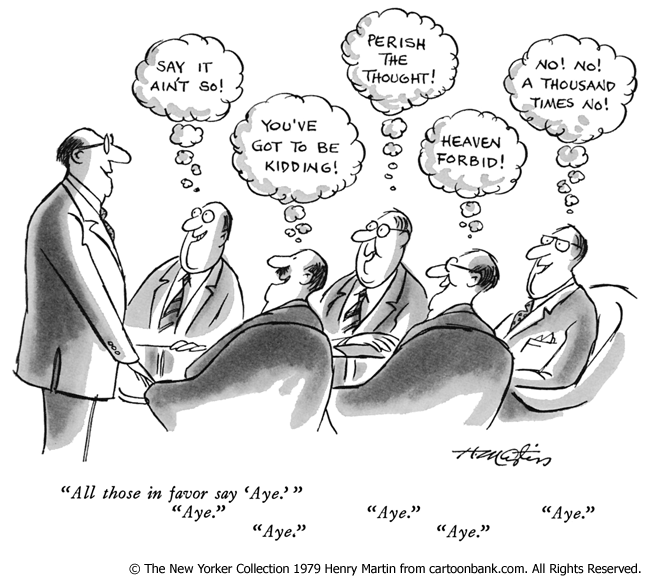
Psychology isn’t the most popular subject at universities in Hong Kong. However, as a Psychology student myself, I would say that Psychology is one of the most fascinating subjects to study. For me, studying Psychology was like uncovering the mysteries of human beings, the mysteries deep inside each of us.
The term “Psychology” comes from two Greek words: psyche (meaning soul or spirit) and logos (meaning study or knowledge of something). Nowadays, Psychology is defined as the scientific study of the human mind and behaviour. In other words, it is the study of how human beings think and act.
Perhaps you haven’t noticed, everything in our lives is Psychology: sleeping and dreaming, remembering and forgetting, helping and neglecting, learning and unlearning, feeling happy and being angry... There are ample psychological concepts explaining why people act the way they do and I would like to share a few mind-blowing ones with you.
| Interesting psychological concept #1 If you slip and fall, where do you think you are more likely to receive help from a stranger: in a crowded street or in an almost-empty street? You will probably choose the first option. However, statistics and experiments in Psychology show the opposite. It is found that the greater the number of people present, the less likely any one of them will help the victim. This phenomenon is known as the Bystander Effect. The most popular explanation to this is that people on a busy street tend to assume that someone else will help, but when a person is the only witness, he/she will feel more obliged to help. |
Let’s do a simple experiment!
Step 1: Try to memorize the following words in 2 minutes:
water, box, medicine, carpet, tram, television, milk, elephant, building, salt, smartphone, drawer, key, railway, cushion, teapot, bag, sofa, dinner, sunset
Step 2: Write the words (not necessarily in order) on a piece of paper without looking at the list.
Step 3: Look at the list again and pay attention to the position of those recalled words in the list.
Do the words that you remembered come from the beginning, the middle, or the end of the list? Psychological experiments found that people tend to remember the first few and last few words and are more likely to forget those in the middle of the list. It is because words early in the list were put into long term memory (Primacy Effect). Words from the end of the list went into short term memory (Recency Effect) which can typically hold about 7 items.
| Interesting psychological concept #3 Have you ever said that you like playing a certain game because many other people in your class like that game (although you privately dislike that game)? Or have you been in a new situation where you don’t know what to do so you simply behave like the rest of the group? These are examples of conformity. Psychologists found that people conform for different reasons. Sometimes we conform because we want to fit in the big group, and sometimes because we don’t want to look foolish. |
| There is one saying from Chris Cleave that I like very much: “Studying Psychology is fun because you’re always looking for the same thing a writer should be looking for—the story behind the story.” Studying Psychology allows me to understand more about why people behave in certain ways. Psychology is truly a fascinating area of study. If you are also interested in Psychology, I would highly recommend reading the book Disney Pixar Inside Out: The Essential Guide or watching the movie Inside Out. You can find many important psychological theories being presented in a simple, yet very interesting way! |




